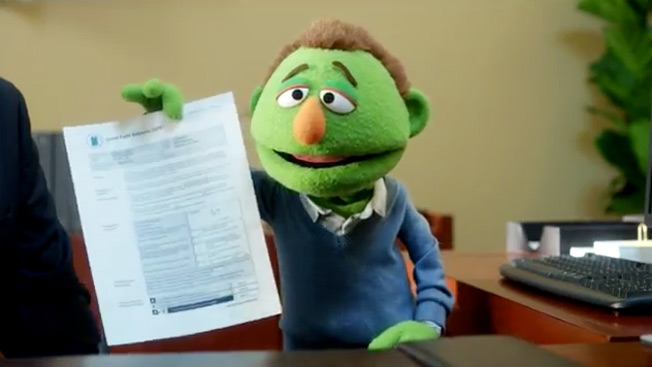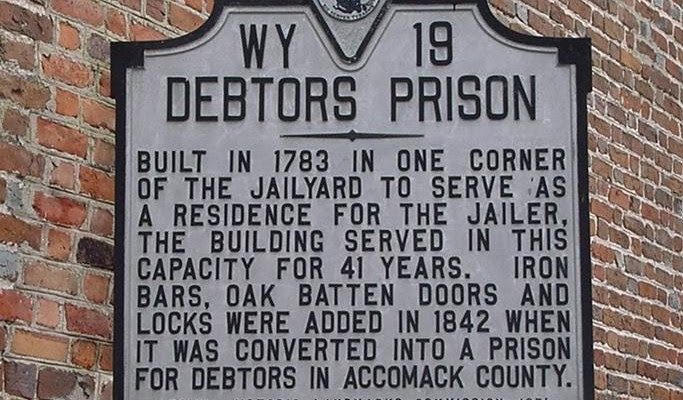Study: Credit After Bankruptcy Discharge is Likely
A bankruptcy study recently debunked a myth. You know the one, that bankruptcy will ruin your credit forever. Last week, LendingTree, the largest online lender, released study results about credit after bankruptcy discharge. It followed people after their case was completed. This is consistent with my article asserting that there is indeed credit after bankruptcy discharge.
Continue reading “Study: Credit After Bankruptcy Discharge is Likely”






